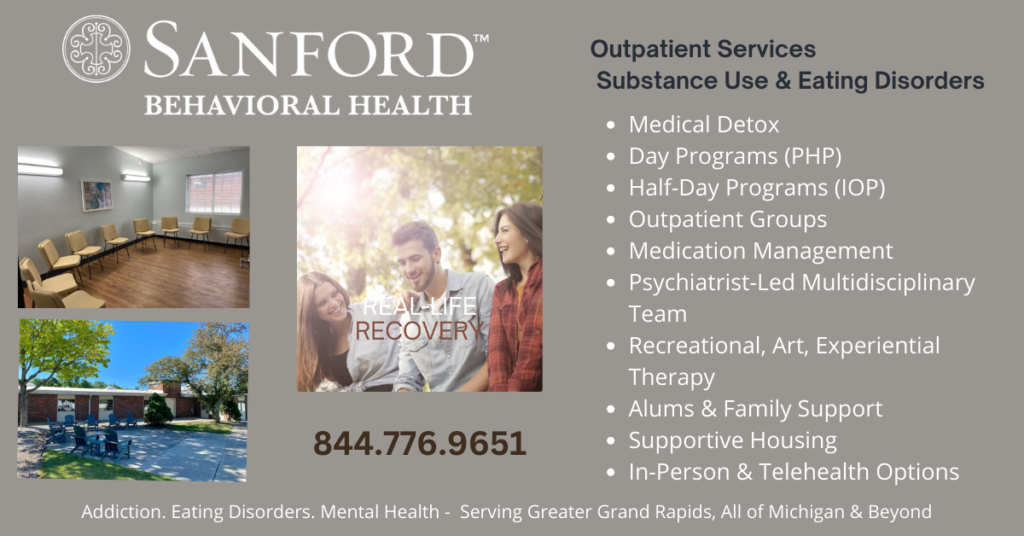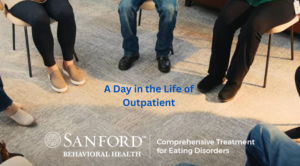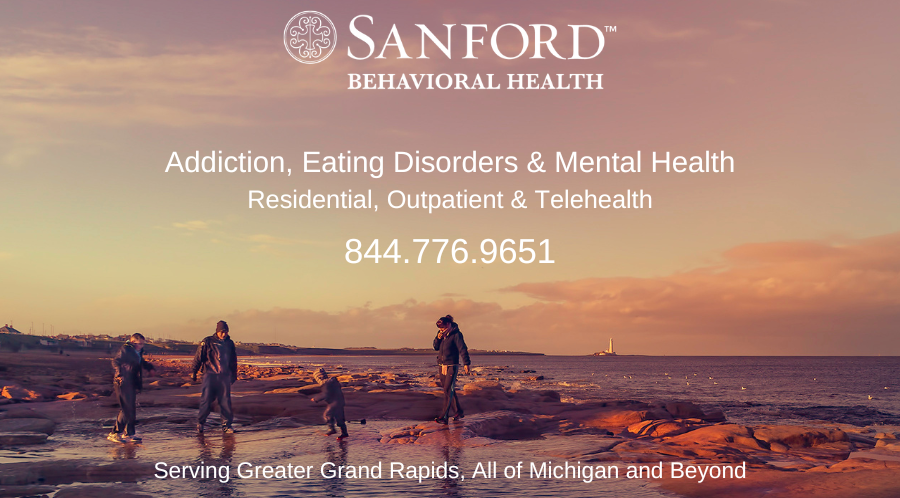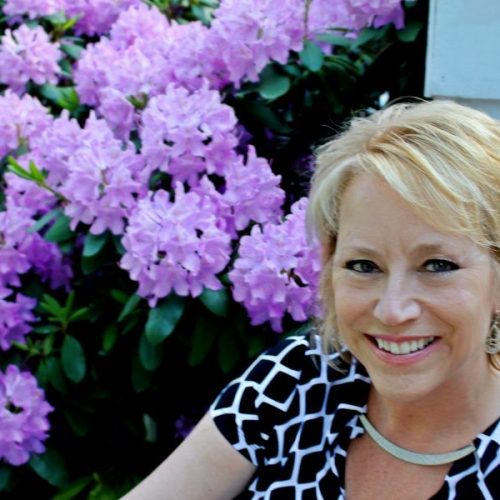Ask Rae: My Real Life is a Mess and I’m Too Busy for Rehab!

Sometimes, real life feels like a blur!
Dear Rae:
I saw one of Sanford Behavioral Health‘s posts on social media for real-life recovery, and I have to admit it got me thinking. My “real life” is a mess. I have a problem with alcohol for sure, but I can’t go away to some rehab for 30 days. I promised my partner I would cut back on drinking, and I tried Dry January, but it only lasted four days. Recently, at about 4:30 every day, I have started thinking about my first beer. I even brought a small bottle of liquor to work in my briefcase. It seems like everyone is mad at me all the time, and I am scared this is getting out of control. But I must work. What can I do to fix this real-life problem? J.D.
Dear JD:
First, I am sorry your life feels out of control. Our Real-Life Recovery programs are actually designed for those with busy lives who cannot take time out from work or other obligations like school or childcare. Dependence on alcohol and other drugs is a messy situation. It is not surprising that our pictures of happy people living satisfying lives get you thinking about your own life. However, intensive outpatient programs are available in-person or with telehealth, and there is a more manageable life on the other side of treatment.
The first step is making the call.
When you talk to a Sanford Behavioral Health admissions specialist, they will answer questions, provide information, and conduct a phone screening. Before you enter a Sanford treatment program, psychiatric and medical assessments are performed. Half-day programs take place three times a week for only three hours. The tracks are conveniently scheduled in the morning (9:00 – noon, Monday, Wednesday, Friday) or evening (5:00 – 8:00, Monday, Tuesday, Thursday). We are also open to adding tracks when there is a particular demand. With our telehealth programs, you are able to join in with the same evidence-based programs as in person but in the convenience of your home.
Outpatient programs can be worked into your real life, J.D., but it does require a commitment on your part. Based on what you have written, you are risking your personal and work relationships. We will ask you to dig deep and get to the root cause of your alcohol use. One of the reasons a Dry January did not work for you is the need for more accountability. I am including three articles with information that will help you understand our philosophy and get you on the road to a self-directed life. Typically, incentive and motivation are what have been lost, and professionally facilitated meetings will help you regain the skills necessary for a new start.
A Day in the Life of Outpatient Treatment
This article provides a step-by-step journey through our outpatient programs, including group schedules and topics of discussion. [Read More]
Admissions Specialists – the First Voice You Hear
Here, we interview two of our best admissions specialists (both in recovery) about the excuses they hear and the process of admitting individuals to a Sanford addiction treatment program. [Read More]
Damp or Dry Lifestyle? The Trend Toward Sobriety
Since you have heard of us on social media, this is an article on the trend toward sobriety. It also provides information on the undesirability of binge drinking. [Read More]
Do you have a question for Sanford Behavioral Health founder, Rae Green, JD, LPC, CAADC? Click the photo below:
If you or a loved one is struggling with addiction, eating disorders, or co-occurring mental health conditions, don’t wait to change your life. Click the link below to speak with an admissions specialist.








